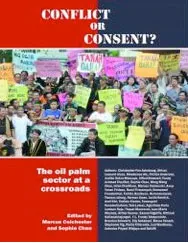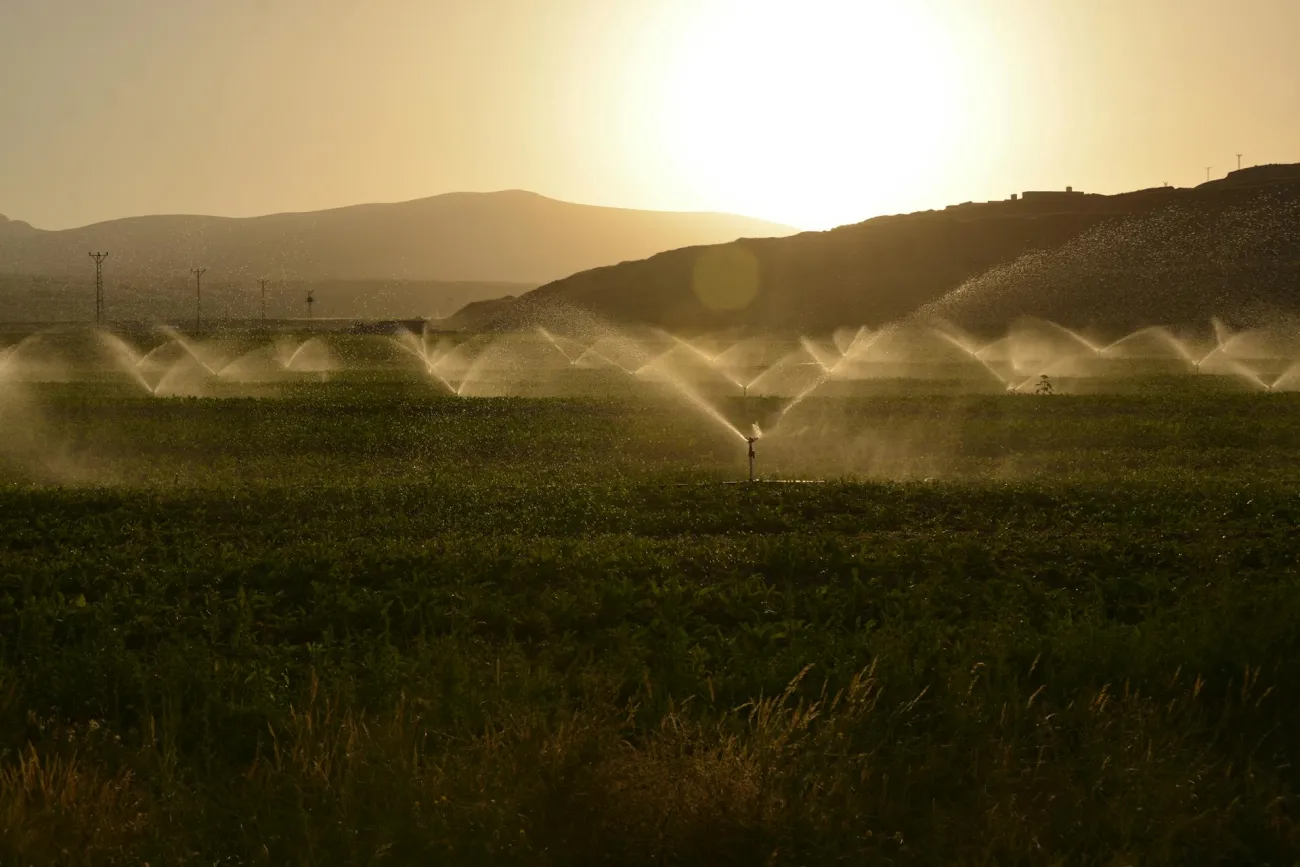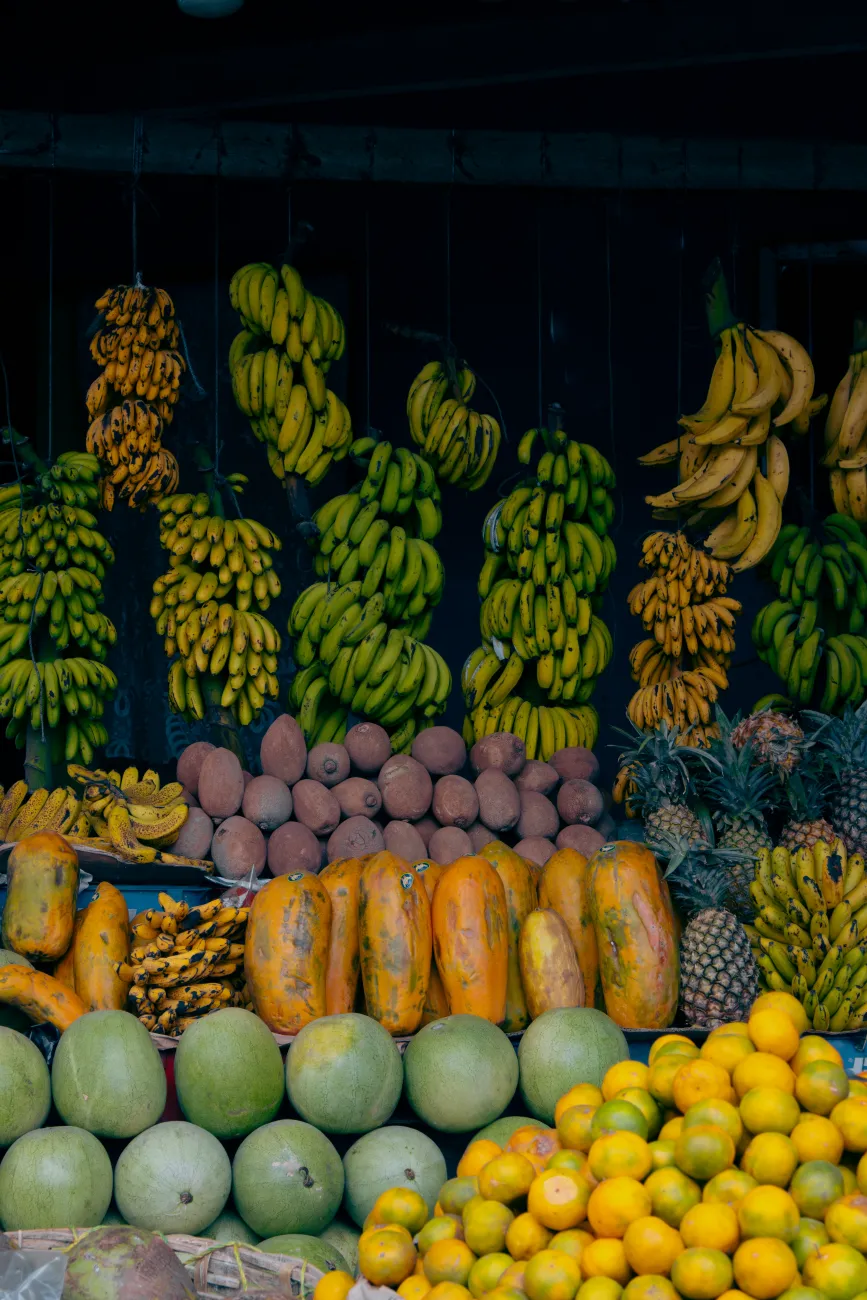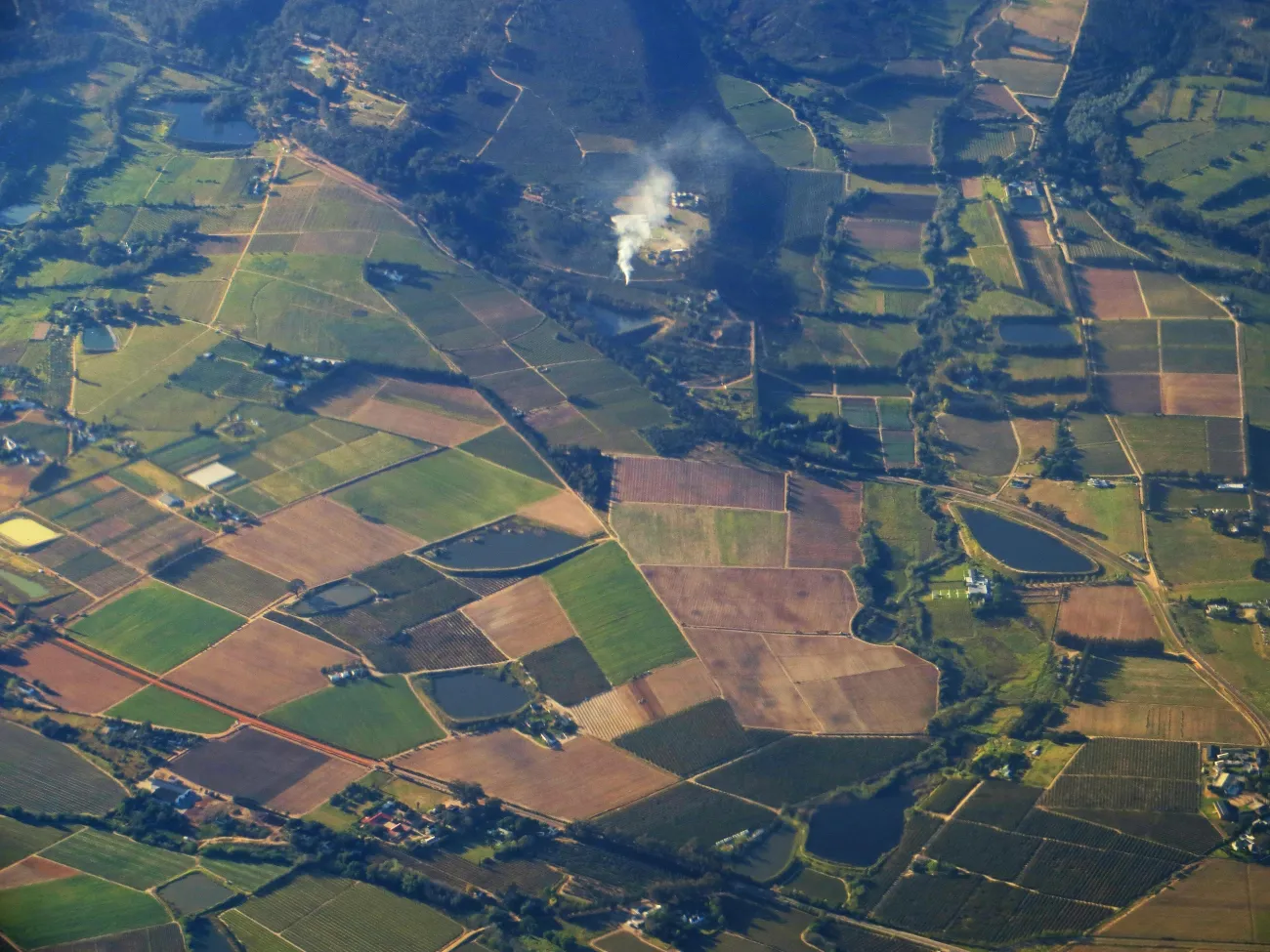
Forest Peoples Programme, Sawit Watch and TUK Indonesia has produced this report on the large-scale expansion of oil palm plantations across Southeast Asia and Africa and their environmental and social impacts. The report questions the effectiveness of RSPO standards (Roundtable on Sustainable Palm Oil). These standards in theory encourage oil palm expansion in ways that do not destroy high conservation values or cause social conflict. They also require member companies to respect the collective right of indigenous peoples and other local communities to give or withhold their consent prior to the development of oil palm on the lands they own, inhabit and use.
The report, which includes 16 detailed independent case studies from seven countries in Asia and Africa carried out by a consortium of NGOs, considers whether companies are following the RSPO standards. It concludes that the RSPO process has in some cases led to improved understanding, by communities and companies, of how to achieve ‘sustainable development’. In addition, procedural improvements can be pointed to that may provide a basis for resolving some land conflicts. Overall, however, many oil palm companies are not respecting customary land rights, are acquiring lands without consent, are violating or avoiding compliance with national laws or court rulings and are in obvious violation of the RSPO standard. In sum, the report points to case study evidence that many members of the Roundtable on Sustainable Palm Oil (RSPO) are violating the rights of indigenous peoples and local communities in the forests and peatlands of tropical nations worldwide, and fail to uphold human rights and environmental standards required.
You can download the report by Forest Peoples Programme, Sawit Watch and TUK Indonesia and read the re-release here.
Another report that we have highlighted previously is Oxfam's Nothing sweet about it: How sugar fuels land grabs, which deals with standards and transparency within the supply chains of sugar and palm oil. It discusses how sugar production can lead to conflicts with local populations over land issues. You can read the full Oxfam report here. For more on land acquisitions, see our Research Library archive with reports and articles on this topic here.




Comments (0)